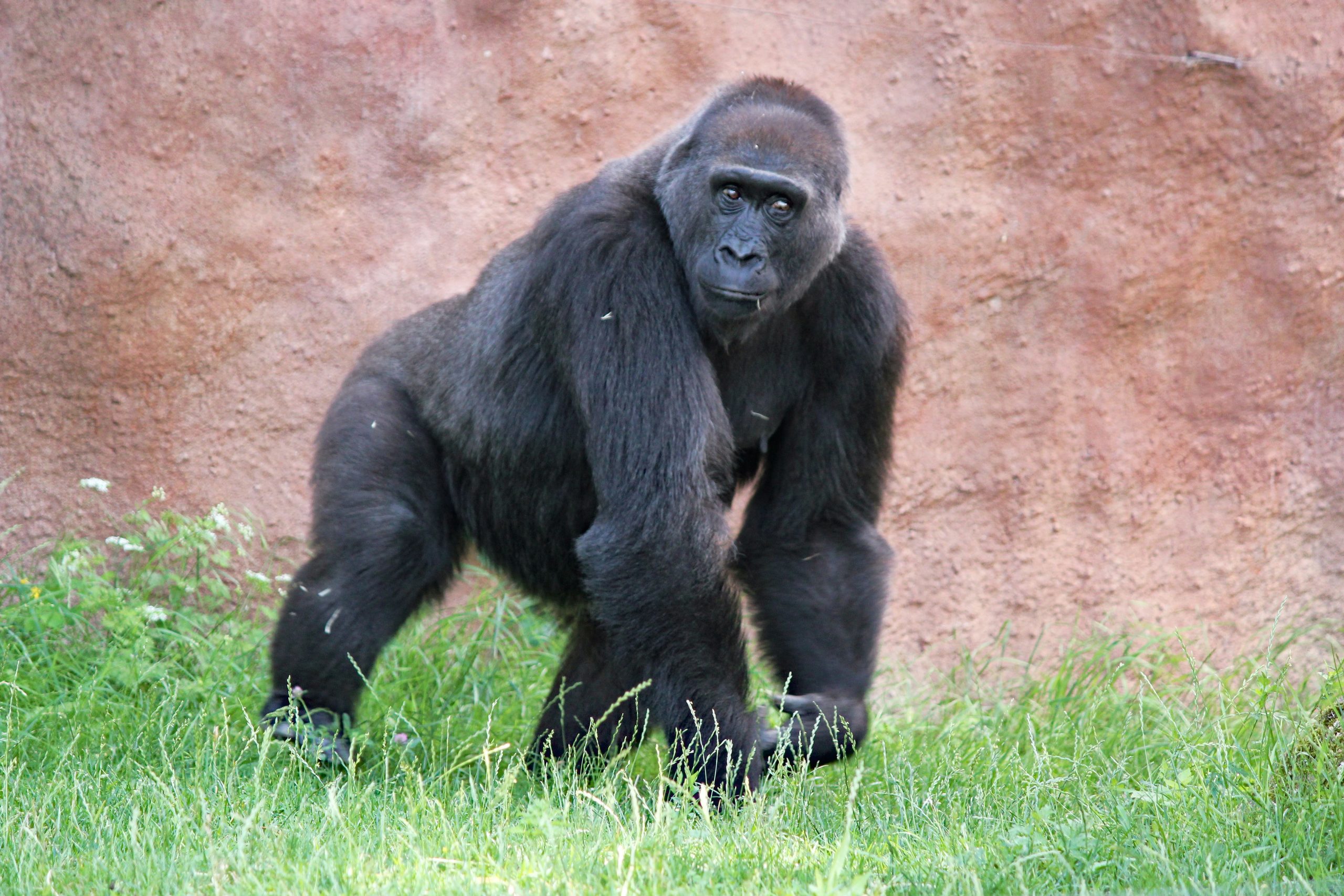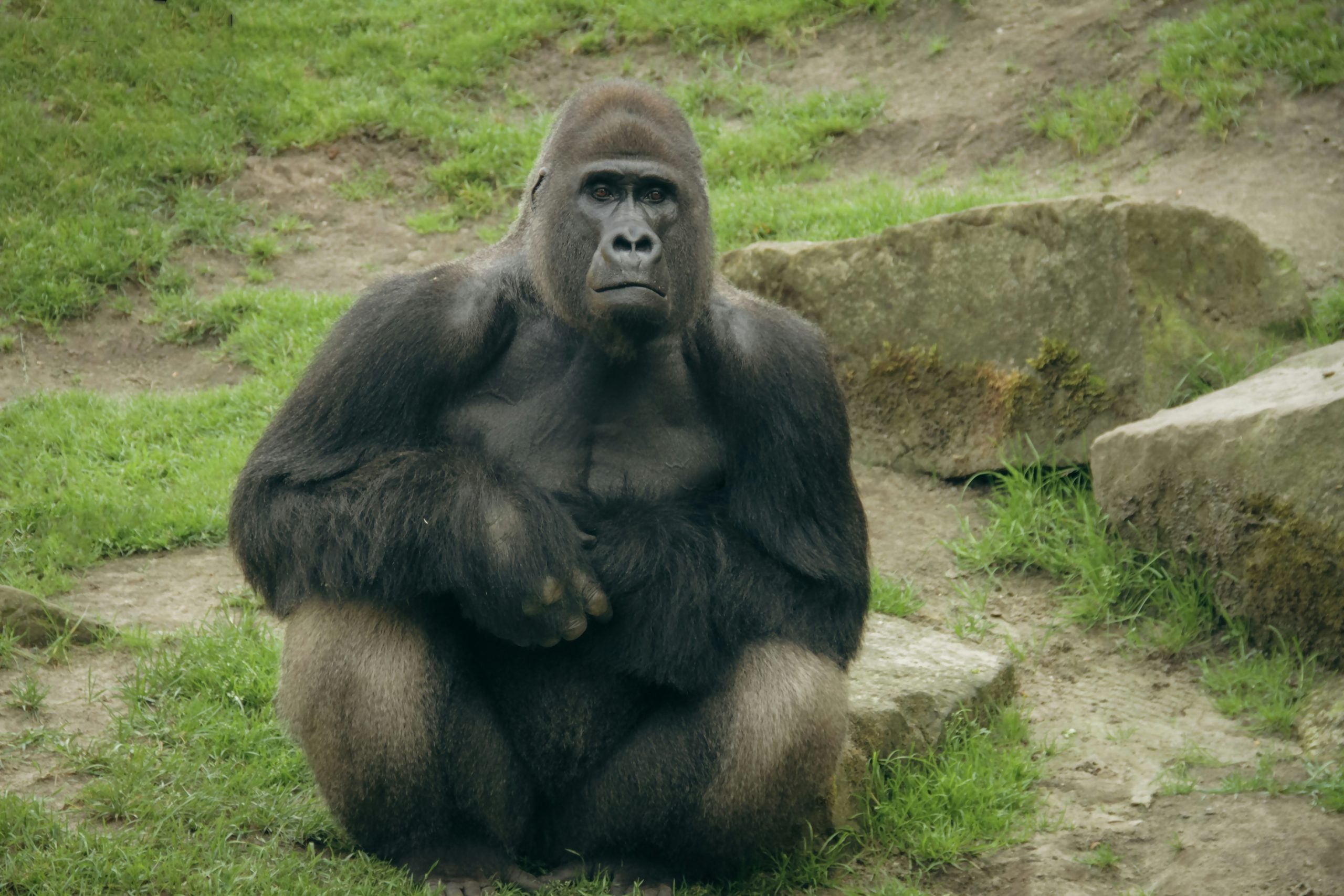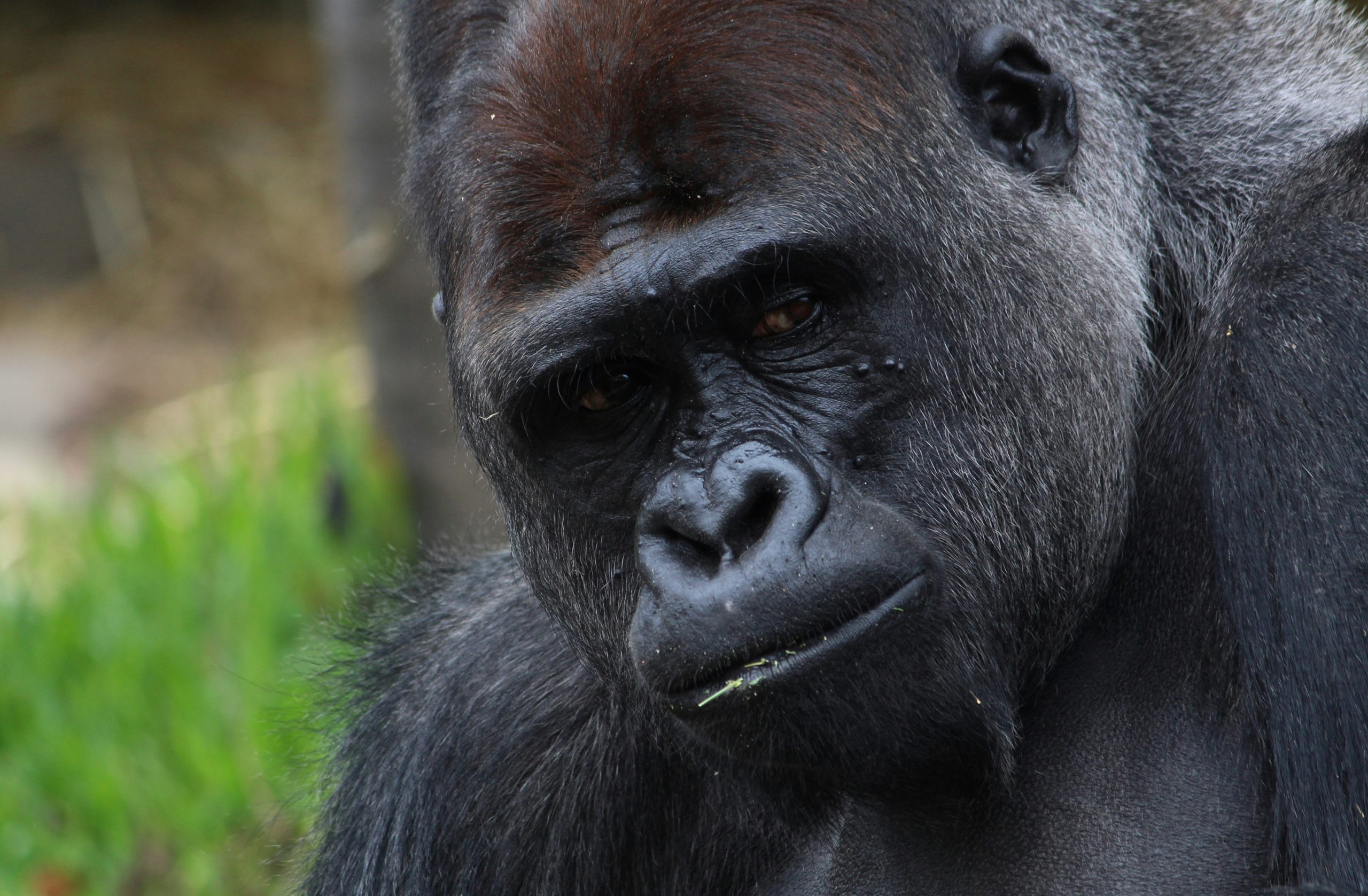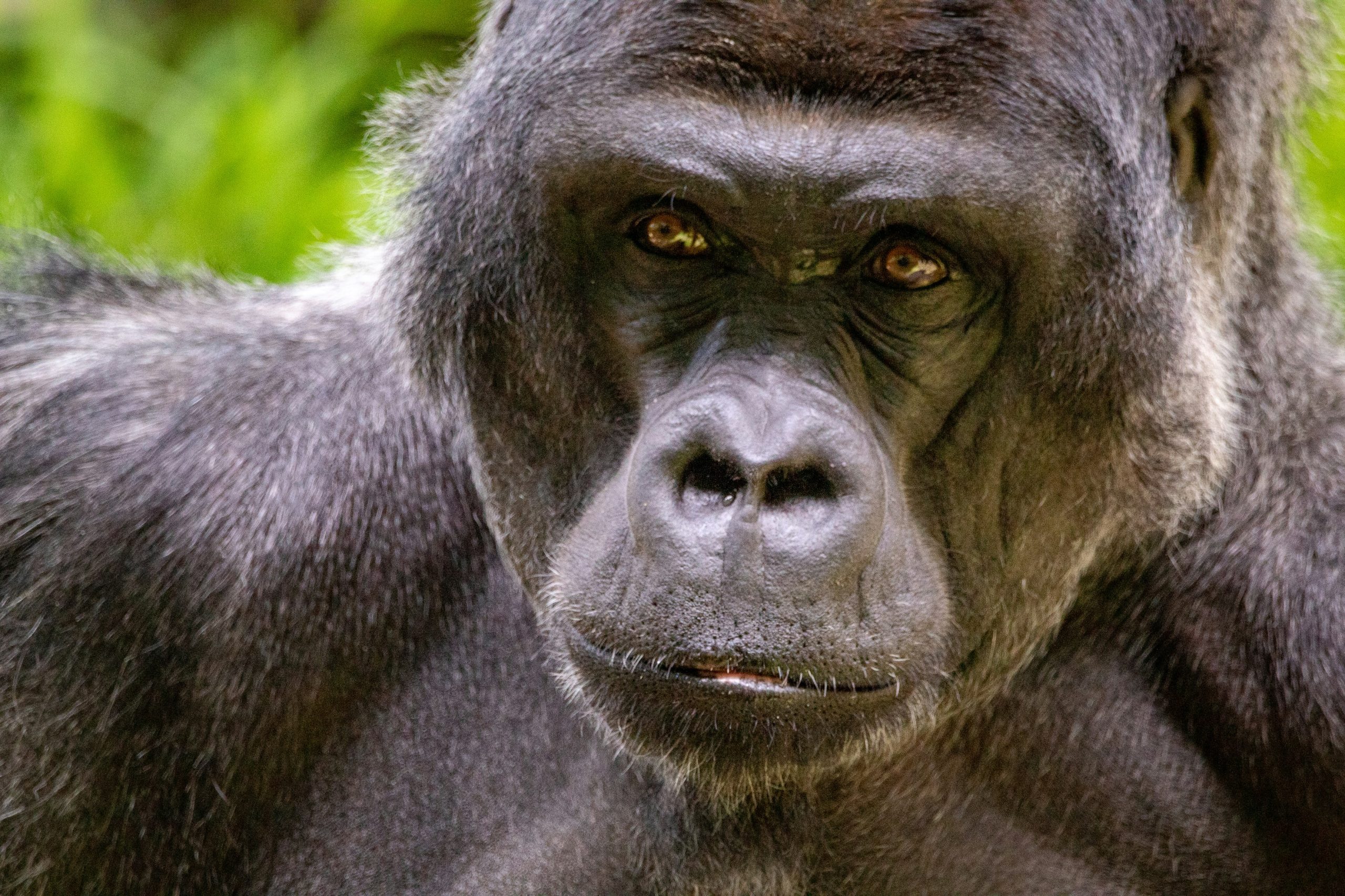gorilla trekking

Embark on a breathtaking journey through the heart of Africa with the thrilling adventure of gorilla trekking. Discover the enchanting world of these majestic creatures as you delve into the lush jungles of Africa. Join us as we uncover the secrets of this unique and awe-inspiring experience.
The History of Gorilla Trekking

gorilla trekking roots
Gorilla trekking, a thrilling and immersive wildlife experience, has deep roots in the conservation efforts of countries like Rwanda and Uganda. Conservationists and researchers, including the renowned primatologist Dian Fossey, have played pivotal roles in raising awareness about the endangered mountain gorillas and promoting responsible ecotourism practices.
gorilla trekking evolution
Over the years, gorilla trekking has evolved from a niche activity to a bucket-list experience for wildlife enthusiasts worldwide. With the conservation efforts in place, countries like Rwanda have witnessed a significant increase in mountain gorilla populations, making gorilla trekking a success story of wildlife preservation.
gorilla trekking experience
Embarking on a gorilla trekking adventure offers travelers a unique opportunity to observe these majestic creatures in their natural habitat. The guided treks through lush forests and rugged terrains provide an up-close and personal encounter with mountain gorillas, creating unforgettable memories for visitors.
gorilla trekking impact
While gorilla trekking offers an incredible experience, it is essential to be mindful of the impact of tourism on these endangered species. Tourists need to adhere to strict guidelines to ensure the well-being of the gorillas and minimize any disruption to their habitat.
guiding principles for gorilla trekking
– Respect wildlife and maintain a safe distance from the gorillas.
– Follow the instructions of experienced guides to ensure a memorable and sustainable experience.
– Avoid direct contact with the gorillas to prevent the transmission of diseases that could harm their population.
gorilla trekking future
As gorilla trekking continues to grow in popularity, it is vital to focus on conservation efforts and sustainable tourism practices to protect these endangered species for future generations. By supporting responsible gorilla trekking initiatives, travelers can contribute to the preservation of gorilla habitats and ensure a thriving population of these incredible creatures.
gorilla trekking: a journey of conservation and discovery
Gorilla trekking stands as a testament to the successful collaboration between conservationists, local communities, and tourists in safeguarding the future of mountain gorillas. Through responsible ecotourism and conservation initiatives, the history of gorilla trekking continues to be a beacon of hope for wildlife preservation and sustainable travel practices in Africa.
the Impact on Local Communities

Gorilla trekking has become a popular ecotourism activity in Africa, attracting travelers from around the globe eager to witness these majestic creatures in their natural habitat. While the experience is undoubtedly awe-inspiring for tourists, it also has a significant impact on the local communities living near gorilla habitats.
boosting local tourism and livelihoods
The presence of gorillas in an area can boost local tourism and create economic opportunities for nearby communities. Tourists visiting to see gorillas often stay in local lodges, eat at local restaurants, and purchase handmade crafts from community members, thus providing a source of income for many locals.
environmental conservation and community partnerships
Efforts to protect gorilla habitats often involve collaborations between conservationists and local communities. By engaging local residents in conservation initiatives, communities become more invested in preserving the environment and protecting gorillas from threats such as poaching and habitat destruction.
challenges and sustainability
However, the increasing popularity of gorilla trekking also poses challenges to local communities and the environment. Issues such as overcrowding, waste management, and disruption of gorilla behavior can impact both the communities and the gorillas themselves.
balancing tourism and conservation
It is essential for stakeholders to find a sustainable balance between tourism and conservation to ensure that the benefits of gorilla trekking are maximized while minimizing negative impacts on local communities and the environment.
engaging in responsible tourism
Travelers interested in gorilla trekking can contribute to responsible tourism by choosing tour operators and lodges that support local communities and ecosystems. By being mindful of their impact and practicing sustainable travel habits, tourists can help ensure that gorilla trekking remains a positive force for both wildlife and communities.
Gorilla trekking can have a profound impact on local communities, bringing economic opportunities and raising awareness about the importance of conservation. By fostering partnerships between conservationists, tourists, and communities, gorilla trekking can be a powerful tool for both wildlife protection and community empowerment.
Conservation Efforts in Africa

The conservation of gorillas in Africa is a crucial endeavor that requires collaborative efforts from governments, conservation organizations, local communities, and tourists. Here, we explore the various initiatives and challenges surrounding gorilla trekking and conservation efforts on the continent.
Gorilla Permit Fraud Denting Community-Led Conservation Efforts in Uganda
Recent reports of gorilla permit fraud in Uganda have raised concerns about the integrity of conservation efforts. Illegal activities like permit forgery not only pose a threat to the gorilla population but also undermine community-led conservation projects aimed at protecting these endangered primates. Safeguarding the legitimacy of gorilla permits is essential for sustaining conservation initiatives.
Commemorating 30 Years of Gorilla Conservation in Uganda
Uganda celebrates a milestone in gorilla conservation, marking 30 years of dedicated efforts to protect these iconic creatures. Through strict conservation policies, habitat preservation, and community involvement, Uganda has been a frontrunner in gorilla conservation. Reflecting on this achievement highlights the progress made and the ongoing challenges faced in safeguarding gorilla populations.
This Elephant Conservation Safari In Rwanda Is A Must-Do
While gorillas often take the spotlight, elephant conservation efforts also play a vital role in preserving Africa’s biodiversity. Embark on an elephant conservation safari in Rwanda to witness firsthand the conservation initiatives aimed at protecting these gentle giants. Exploring diverse conservation experiences enriches our understanding of wildlife preservation beyond gorilla trekking.
A Look Inside Ellen DeGeneres’s New Rwanda Gorilla Conservation Center
Celebrity involvement in conservation efforts shines a light on the importance of gorilla protection. Ellen DeGeneres’s support for a new gorilla conservation center in Rwanda amplifies awareness about the pivotal role of such initiatives in safeguarding endangered species. Celebrating celebrity contributions helps garner public support for gorilla conservation projects.
5 Best Destinations for Gorilla Trekking in Africa
For avid wildlife enthusiasts, gorilla trekking presents a once-in-a-lifetime opportunity to observe these majestic creatures in their natural habitat. Explore the top five destinations for gorilla trekking in Africa, including Uganda, Rwanda, and the Democratic Republic of Congo. Planning your gorilla trekking adventure in these renowned destinations ensures a memorable and impactful wildlife experience.
How Coronavirus—and Lack of Tourism—Impact East Africa’s Gorillas
The global pandemic has significantly affected gorilla conservation efforts in East Africa, with reduced tourism leading to financial strains on conservation projects. Mitigating the impact of the pandemic on gorilla habitats and local communities is crucial to ensure the long-term survival of these endangered primates. Supporting conservation initiatives during challenging times is essential for gorilla protection.
Cross River Gorillas Will Boost Local Tourism — Group
Cross River gorillas hold immense tourism potential, offering a unique opportunity to promote sustainable wildlife tourism in Africa. Empowering local communities to engage in gorilla conservation initiatives not only benefits the environment but also boosts tourism revenue, contributing to economic development. Fostering responsible tourism practices is key to harnessing the tourism potential of Cross River gorillas.
The Journey of Gorilla Conservation in Africa
The conservation journey of gorillas in Africa is a testament to the dedication and passion of individuals and organizations committed to protecting these iconic species. From early conservation efforts to modern-day initiatives, the emphasis on preserving gorilla populations and their habitats remains paramount. Reflecting on this journey inspires continued support for gorilla conservation across the continent.
UWA Slashes Park, Gorilla Trekking Fees as Uganda Targets Tourists Ahead of Festive Season
In a bid to revitalize tourism post-pandemic, Uganda Wildlife Authority (UWA) has reduced park and gorilla trekking fees to attract visitors during the festive season. Promoting sustainable tourism practices while making gorilla trekking more accessible encourages responsible traveler engagement in conservation efforts. Encouraging tourism through affordable fees supports gorilla conservation and local communities.
How Instagram Has Turned Out a Gamechanger for Gorilla Conservation
Social media platforms like Instagram have revolutionized conservation advocacy, enabling wildlife organizations to reach a broader audience and raise awareness about gorilla protection. Leveraging the power of digital media for conservation campaigns enhances public engagement and support for gorilla conservation initiatives. Harnessing social media as a tool for wildlife conservation amplifies the impact of conservation efforts in Africa.